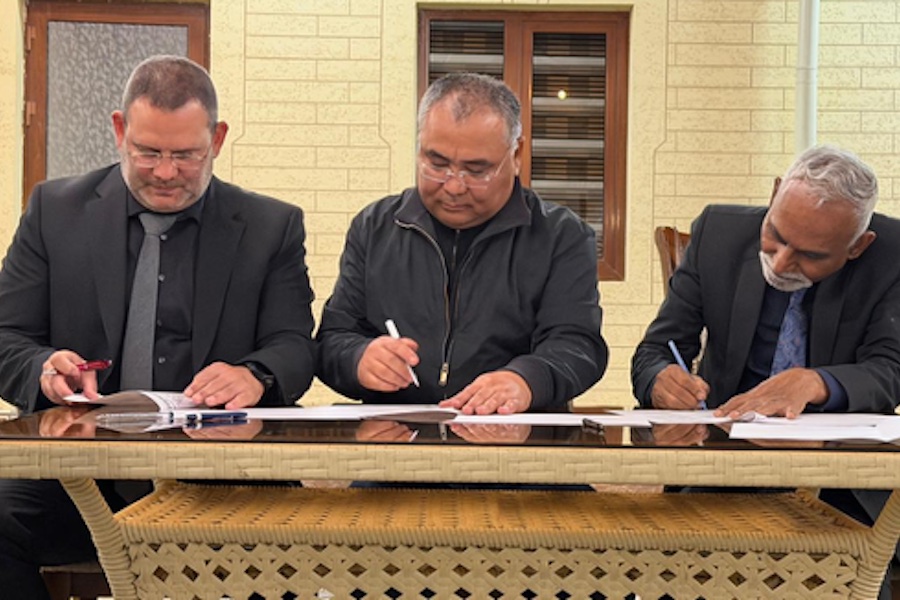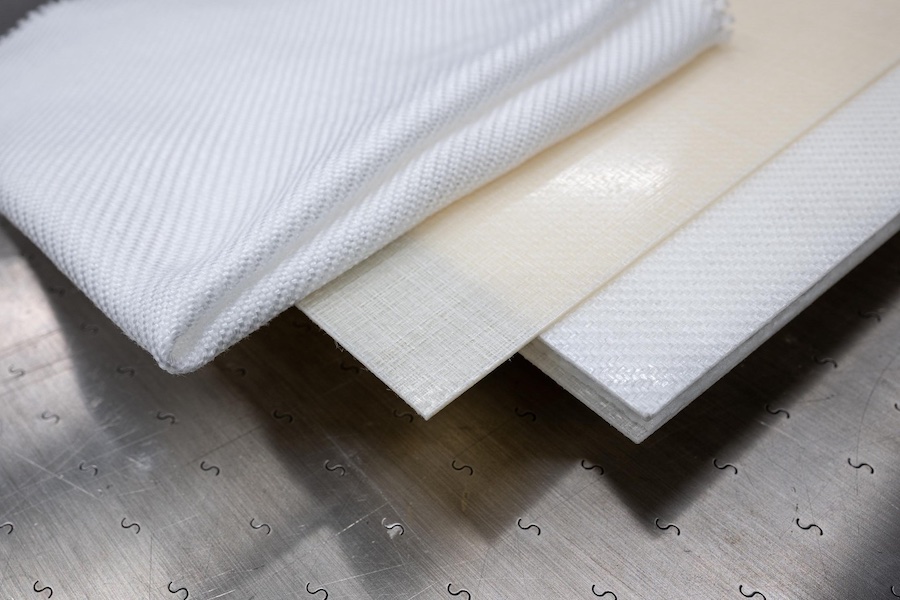#Raw Materials
Aid by Trade Foundation expands to India through Regenerative Cotton Standard
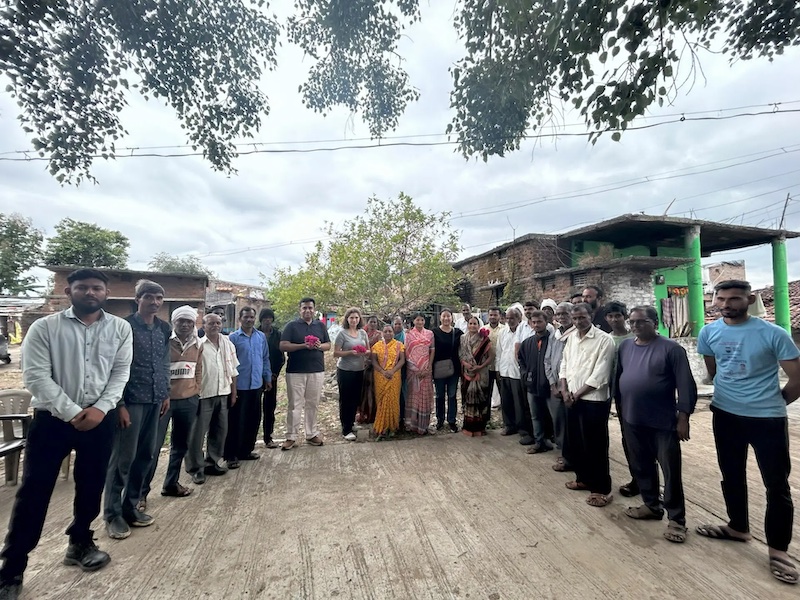
As the first regenerative cotton standard that explicitly prioritises the knowledge and interests of small-scale farmers, the Regenerative Cotton Standard is now being put into practice in India. The first cotton crops following the public announcement of RCS in autumn 2023 will be sown as part of an Indian pilot project this July. The Aid by Trade Foundation’s expansion to India, one of the world’s largest cotton producers, represents further progress towards AbTF’s objectives of providing sustainable cotton for global textile companies to purchase and of ensuring socially and environmentally sustainable production conditions in cotton-growing countries.
“We are happy to now be working in India as well and to use both our expertise in sustainable cotton cultivation and our global network for the benefit of Indian small-scale farmers. The first RCS pilot project is the result of productive collaboration between many partners who have set themselves ambitious and forward-looking goals in the field of sustainable cotton cultivation,” states the managing director of AbTF, Tina Stridde, commenting on AbTF’s geographic expansion.
RCS’s holistic approach pays off for both small-scale farmers and companies. On the one hand, it supports cotton farmers with practical and innovative approaches to building resilience against the effects of climate change; on the other, in addition to cotton of African provenance, it offers textile companies regenerative cotton from another cotton-growing region of key importance to the textile sector. Initially, 5,000 farmers in the Indian state of Maharashtra will grow cotton in accordance with RCS requirements.
To implement RCS in India, the Aid by Trade Foundation will work with its new Indian partner, Vijay Cotton & Fibre Co. LLP. Based in Mumbai, India, this family-run business has more than 75 years of experience in the cotton sector and significant expertise in the cultivation and worldwide trade of Indian cotton. “In a uniquely innovative and respectful way, the Regenerative Cotton Standard supports cotton farmers in India with applying climate-friendly agricultural practices,” states the company’s partner, Vijay Shah, adding, “The standard also has great potential to increase transparency within our supply chain so that we can trace the origin of our cotton and ensure that it is produced in accordance with environmentally and ethically verifiable standards.” To ensure transparency in the textile chain, AbTF has made RCS-verified fibres traceable by integrating its successful Hard Identity Preserved (HIP) tracking system.
In addition to India, the Regenerative Cotton Standard will also be implemented in Tanzania, where two RCS pilot projects are currently underway with two long-time AbTF partners from Tanzania: Alliance Ginneries Ltd. and Biosustain.



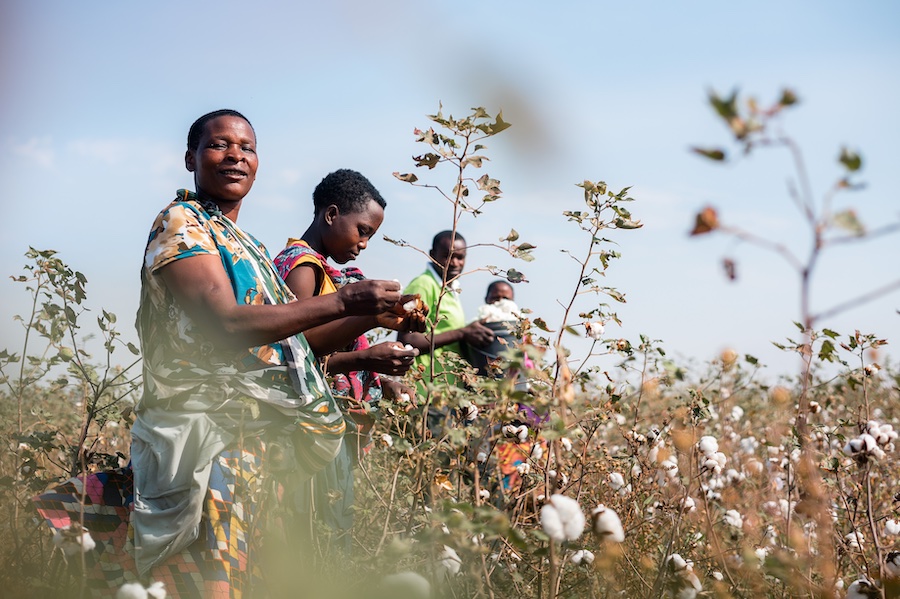
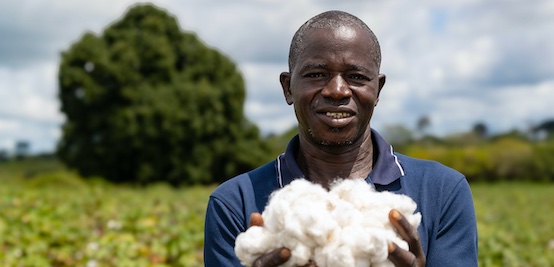

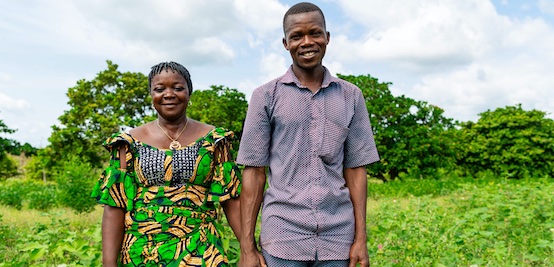

canva-900-1.jpg)
